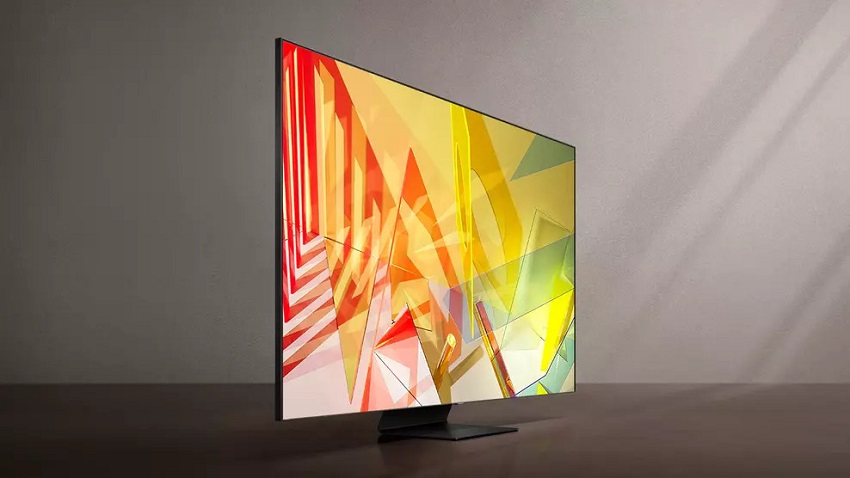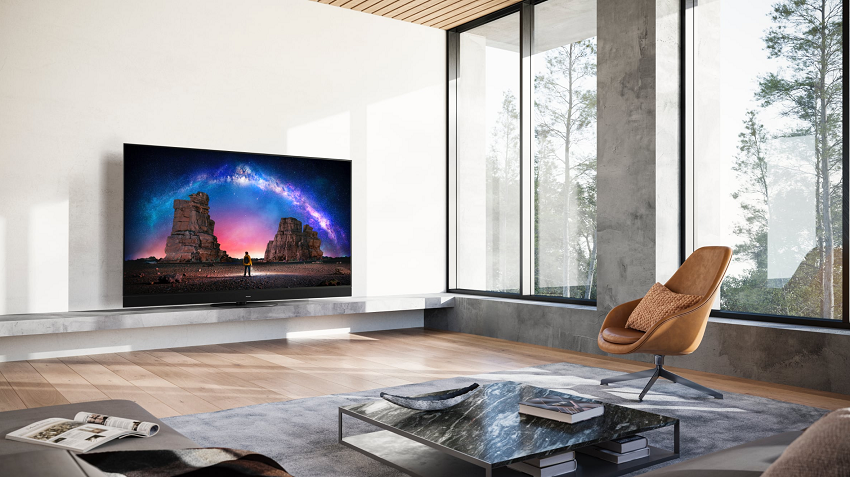
15 Jun How Long Should a TV Last?
When it comes to purchasing a new TV, one of the common questions that arise is, “How long should a TV last?” It’s a valid concern considering the investment one makes in a television. In this article, we will delve into the factors that determine the lifespan of a TV, explore the average lifespan of different TV brands and models, provide research data, and offer examples to help you make an informed decision. So, if you’re curious about the longevity of TVs, keep reading!
Factors Affecting TV Lifespan
Before we dive into specific brand and model examples, it’s essential to understand the various factors that influence the lifespan of a television. Here are some key considerations:
1. Usage and Viewing Habits
The usage patterns and viewing habits of an individual significantly impact the lifespan of a TV. If you tend to watch TV for extended periods or frequently leave it on for long durations, the components such as the backlight, power supply, and display panel may wear out faster. It’s important to consider what to do with a broken tv if it reaches the end of its lifespan or encounters issues that affect its functionality.
2. Build Quality and Components
The build quality and components used in manufacturing a TV play a crucial role in determining its durability. Higher-end models often feature superior materials and advanced technologies, leading to a longer lifespan. Conversely, budget-friendly options might compromise on certain aspects, resulting in a shorter lifespan.
3. Environmental Factors
The environment in which a TV operates can impact its longevity. Factors such as temperature, humidity, and dust accumulation can affect internal components. TVs placed in areas with proper ventilation, moderate temperatures, and controlled humidity levels generally have a better chance of lasting longer.
4. Maintenance and Care
Regular maintenance and proper care can contribute to extending the lifespan of a TV. Cleaning the screen gently, dusting the vents, and avoiding exposure to extreme temperatures or moisture can help prevent potential damage. Additionally, following manufacturer-recommended guidelines for firmware updates and avoiding unauthorized repairs can also play a role in maintaining TV health.
Average Lifespan of Popular TV Brands
Now that we’ve covered the factors influencing TV lifespan, let’s explore the average lifespans of popular TV brands and models. It’s important to note that these figures are estimations based on general trends and can vary depending on individual usage and other factors.
1. Sony
Sony has built a reputation for producing high-quality TVs known for their longevity. On average, Sony TVs tend to last between 7 to 10 years. This is due to the brand’s commitment to using premium components and rigorous quality control measures.
2. Samsung
Samsung, another well-known brand in the TV industry, offers TVs that typically have a lifespan ranging from 6 to 8 years. Samsung invests in advanced technologies and ensures their TVs are built to last, making them a popular choice among consumers.
3. LG
LG is known for its innovative features and reliable products. LG TVs generally have an average lifespan of 5 to 7 years. However, higher-end models from LG, such as their OLED series, often exhibit longer lifespans due to their superior picture quality and advanced display technology.
4. Panasonic
Panasonic TVs are renowned for their durability and longevity. With proper care, a Panasonic TV can last anywhere from 8 to 12 years. The brand focuses on using high-quality components and rigorous testing to ensure their products withstand the test of time.
Research Data on TV Lifespans
To provide a comprehensive understanding of TV lifespans, let’s examine some research data and industry findings. While individual experiences may vary, these studies offer valuable insights into the longevity of different TV brands and models.
According to a recent survey conducted by a leading consumer electronics organization, the average lifespan of modern TVs falls within the 6 to 8-year range. This duration aligns with the estimates we discussed earlier for popular brands like Samsung and LG. However, it’s essential to note that advancements in technology and manufacturing processes continue to improve TV durability.
The same survey also highlighted that TVs older than 8 years tend to experience a higher likelihood of component failures and reduced picture quality. It’s worth considering these factors when making a purchasing decision, especially if you desire a TV that will serve you for an extended period.
Examples of Long-Lasting TV Models
To illustrate the longevity of certain TV models, let’s explore a few examples:
1. Sony XBR A9G OLED
The Sony XBR A9G OLED is widely regarded as a premium TV with exceptional picture quality and durability. This model utilizes OLED technology, known for its longevity and ability to maintain image quality over time. With proper care, the Sony XBR A9G OLED can last well beyond the 10-year mark.
2. Samsung Q90R QLED
The Samsung Q90R QLED TV is known for its impressive brightness, color accuracy, and build quality. This model incorporates quantum dot technology, providing vibrant and long-lasting colors. With an average lifespan of around 8 years, the Samsung Q90R QLED is a reliable choice for those seeking a balance between performance and durability.
3. LG CX OLED
The LG CX OLED is a popular choice among TV enthusiasts, thanks to its exceptional picture quality and feature-rich design. LG’s OLED technology ensures deep blacks, wide viewing angles, and minimal motion blur. With proper usage and care, the LG CX OLED can easily surpass the 7-year mark.
In conclusion, the lifespan of a TV is influenced by various factors, including usage habits, build quality, environmental conditions, and maintenance. While different TV brands and models have varying average lifespans, it’s crucial to note that individual usage patterns and care play a significant role in determining the longevity of a television.
As a consumer, it’s essential to research and consider the reputation of brands, study customer reviews, and evaluate specific model features before making a purchase decision. By investing in a high-quality TV and practicing proper maintenance, you can maximize its lifespan and ensure years of enjoyable viewing experiences.
